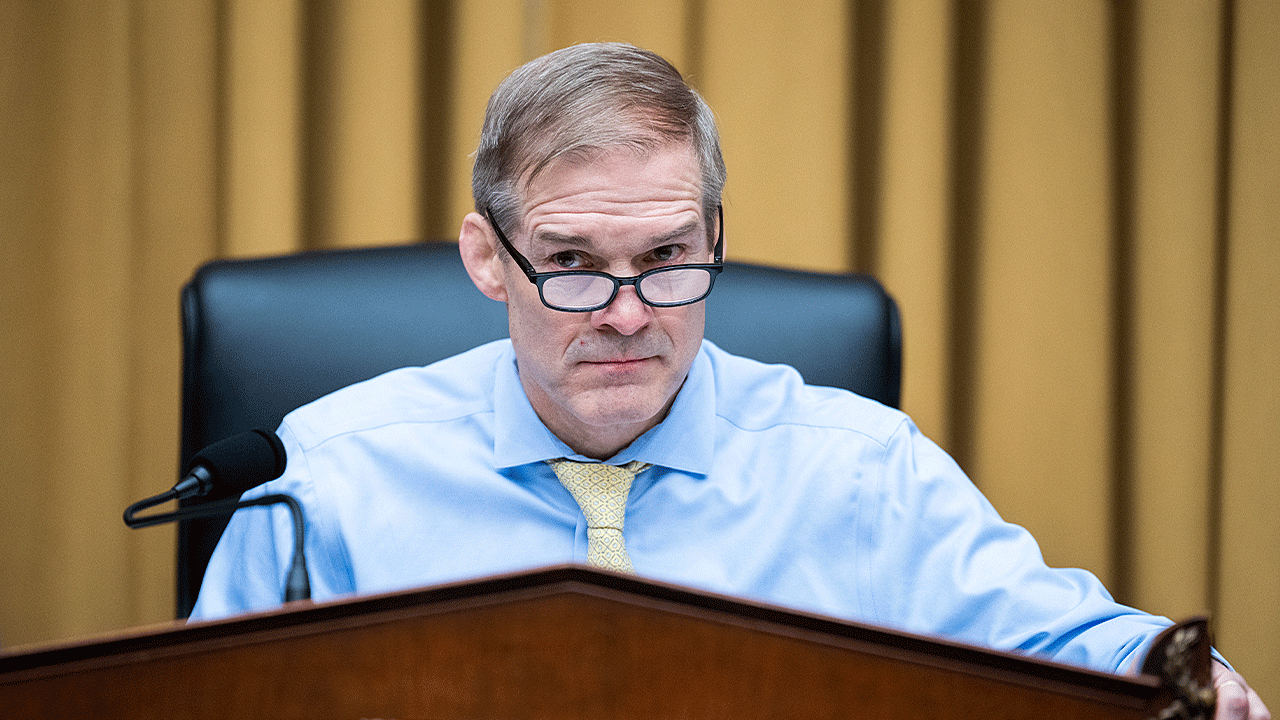The newly elected mayor of New York City, Zohran Mamdani, faces an immediate and daunting challenge: fulfilling ambitious campaign promises without a clear financial plan.
During a recent interview, a reporter directly questioned Mamdani about the funding for his pledge to make city buses free, a promise carrying a $700 million price tag. His response sidestepped the core issue, prioritizing action over fiscal responsibility.
Mamdani argued that the momentum behind his vision – a more affordable city for over a million New Yorkers – would be difficult to halt. He contrasted his approach with the previous administration, accusing it of making the city less affordable.

The questioning pressed further, specifically regarding the potential impact on rent freezes. Mamdani acknowledged potential obstacles but expressed confidence in overcoming them, framing the issue as a challenge to be surmounted.
When asked about the source of the $700 million for free buses, and given the governor’s reluctance to raise taxes, Mamdani pointed to raising the state’s corporate tax to match New Jersey, or increasing the personal income tax on high earners.
However, when pressed on the governor’s opposition to tax increases, Mamdani offered a startlingly blunt statement: the *how* of funding was less important than simply *getting it done*. This sentiment raised concerns about the practicality of his proposals.
The exchange highlighted a fundamental disconnect between political aspiration and the realities of municipal finance. It suggests a willingness to pursue goals even without a fully developed strategy for achieving them.
Mamdani’s first term promises to be a period of intense scrutiny, as observers watch to see if his bold vision can translate into tangible results, or if his approach will lead to unforeseen consequences.
The situation presents a compelling case study in the complexities of urban governance, where popular promises often collide with budgetary constraints and political realities.


![COPS TARGETED: School Official & Brother BUSTED in Shocking Attack Plot! [VIDEO]](https://www.thegatewaypundit.com/wp-content/uploads/2025/11/virginia-assistant-principal-ice-1200x630.jpg)


